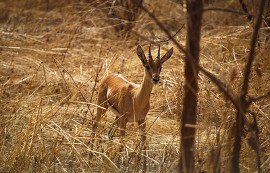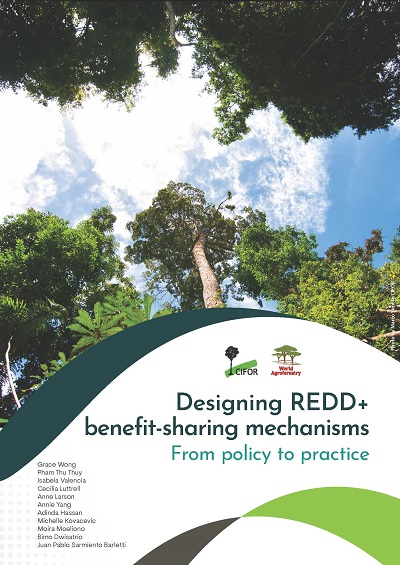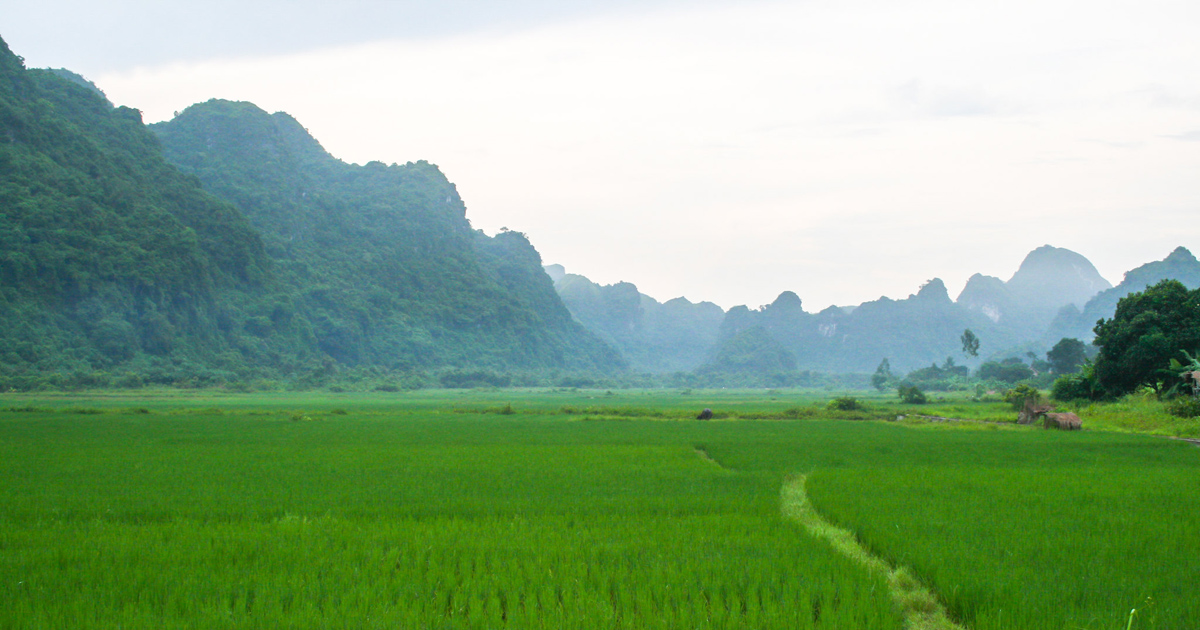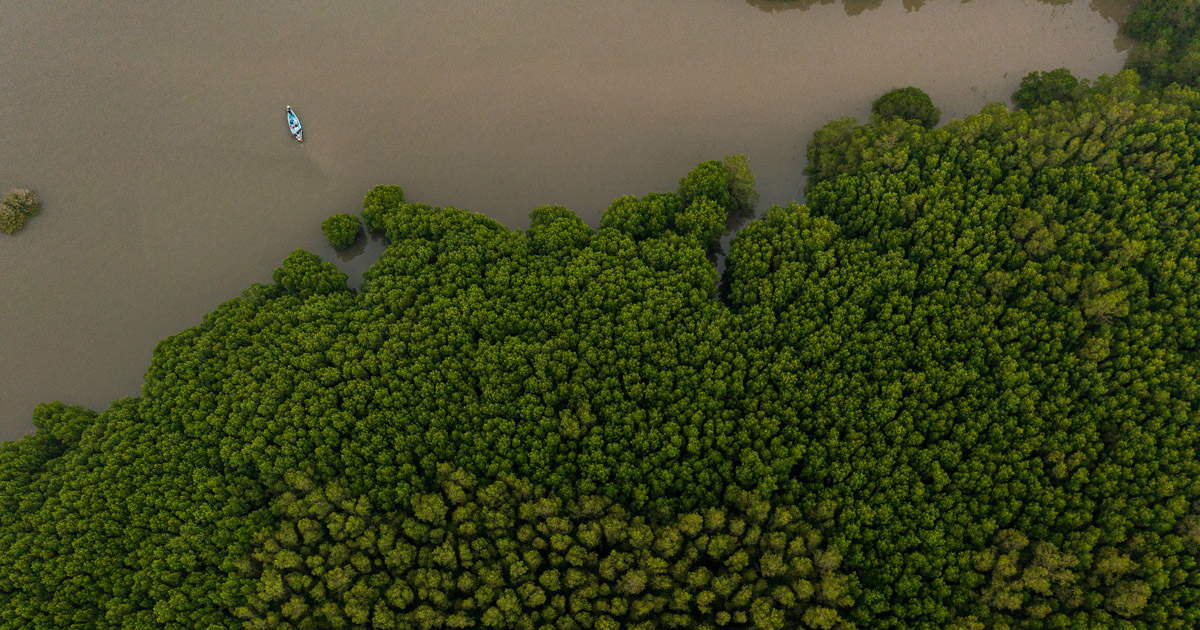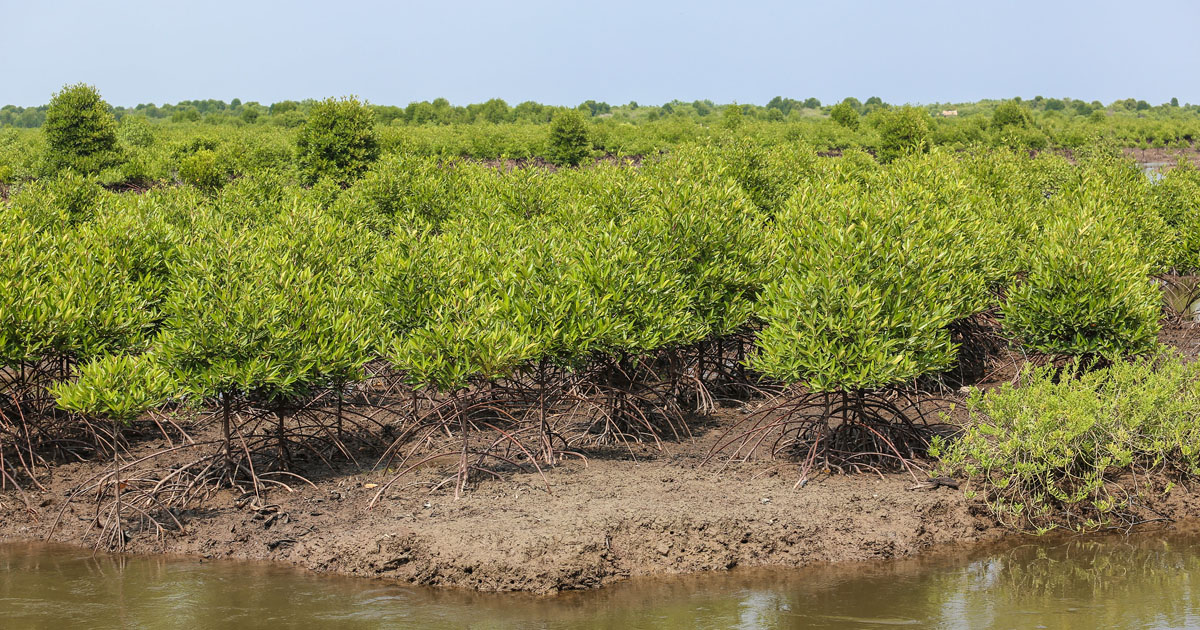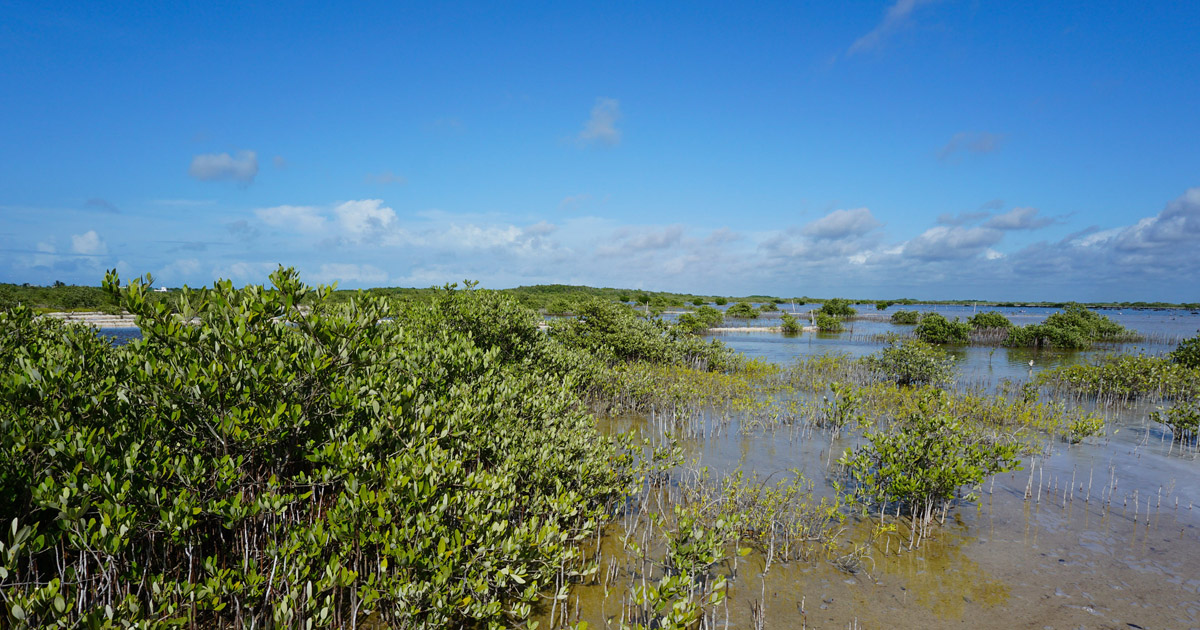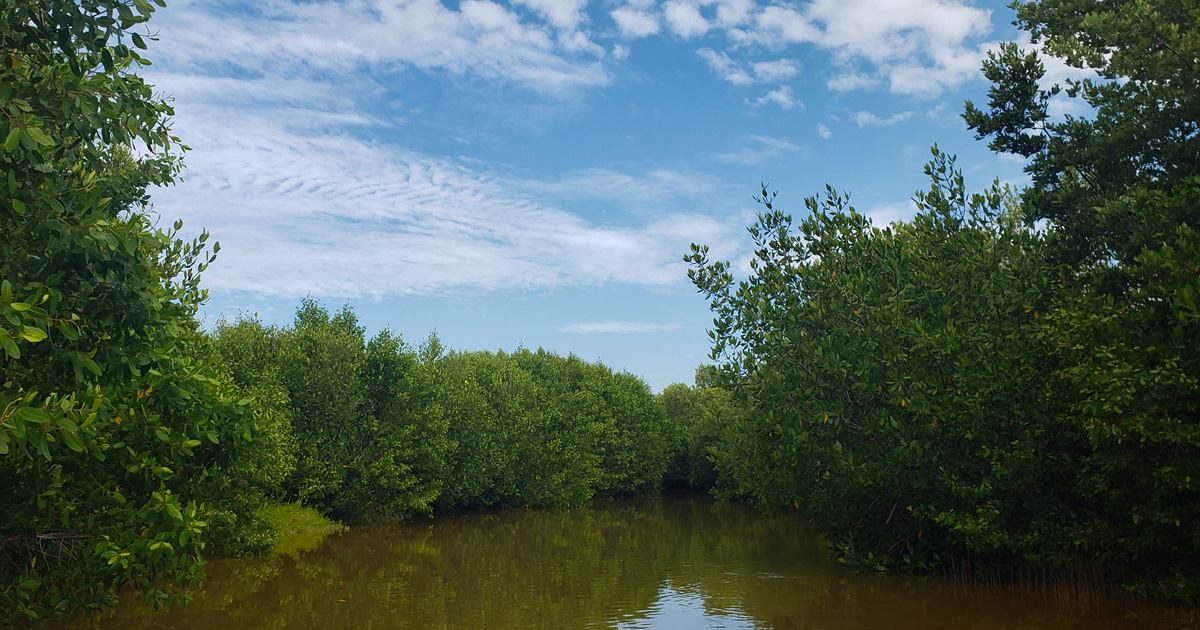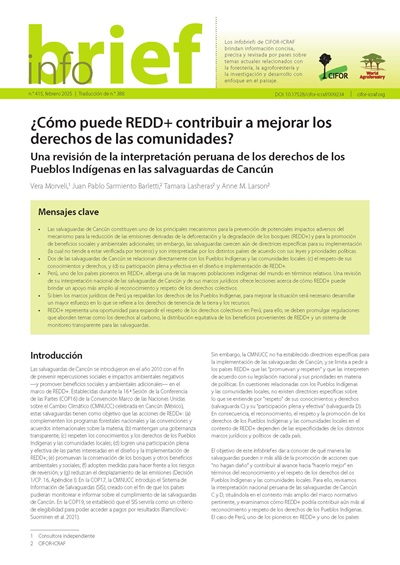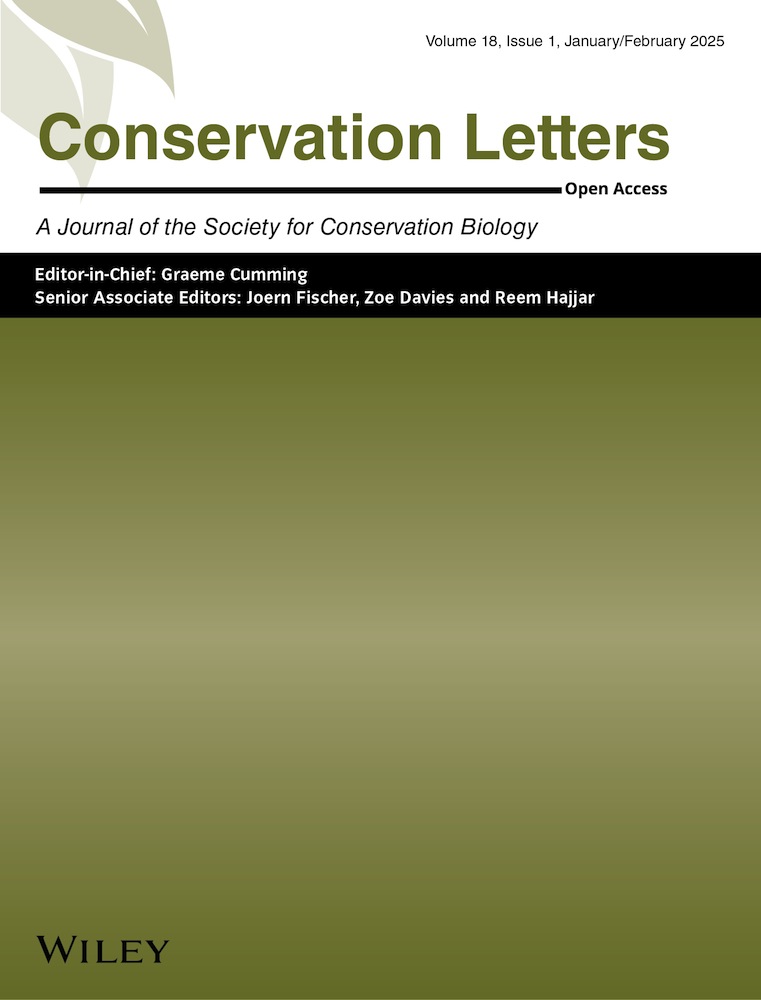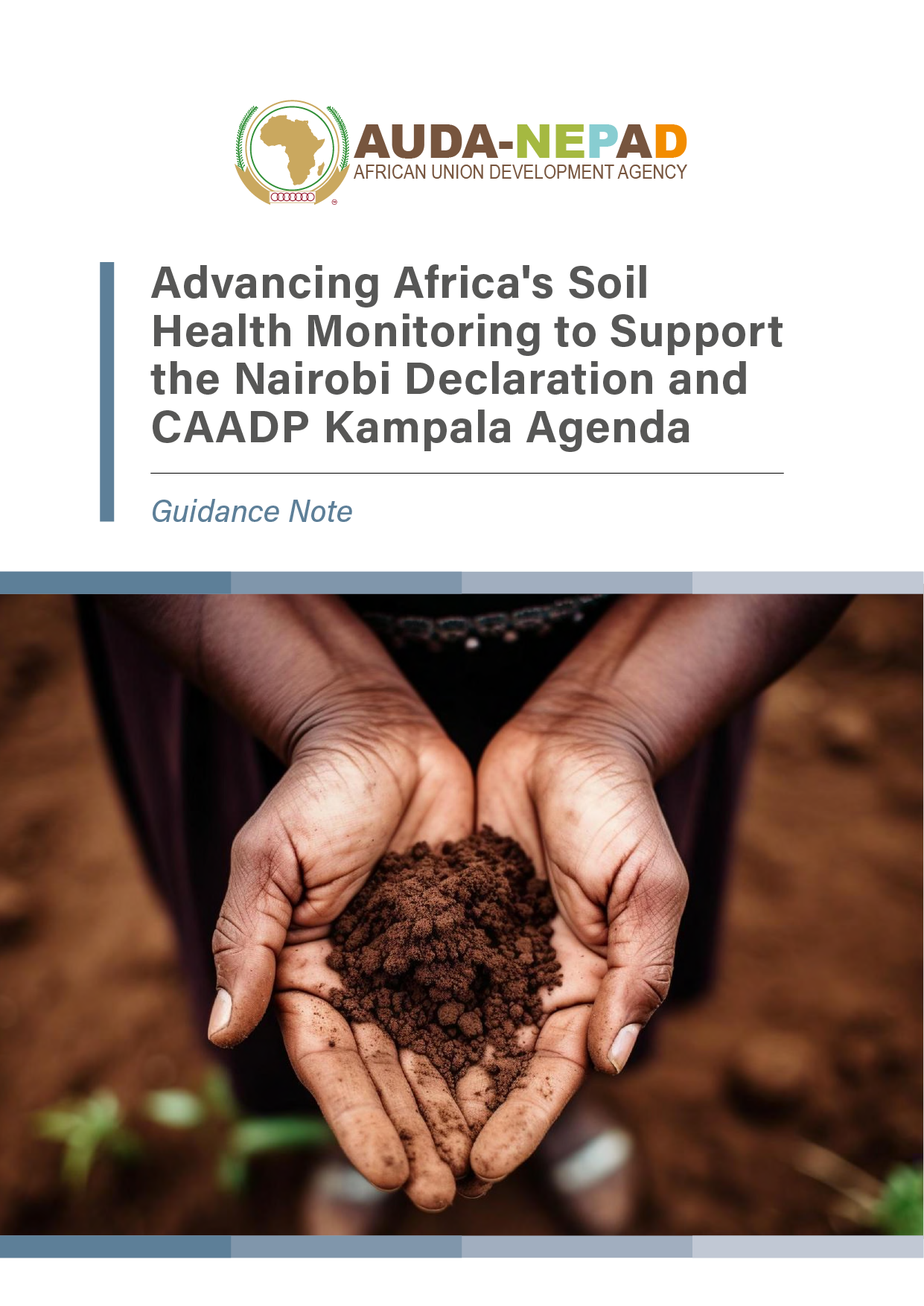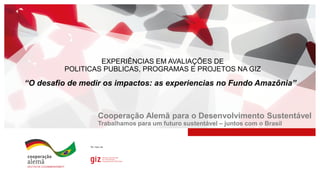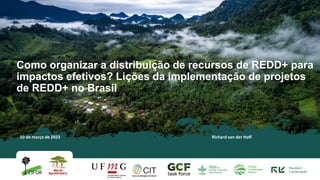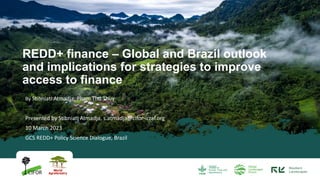To avoid catastrophic climate change, society needs to both end its dependence on fossil fuels and pursue low-emission development through sustainable land management, including agroforestry, ecosystem conservation and restoration, and a transition to sustainable economy models.
All CIFOR-ICRAF research contributes to climate change mitigation and adaptation by helping to keep trees in the ground, increase tree cover, and find the best tree species for local conditions. The ‘Climate Team’s’ research focuses on forests conservation, on reducing emissions from deforests and forest degradation (REDD+), on the sustainable management of forests and wetlands, on developing sustainable bioenergy solutions, and on bioeconomy transitions. Conserving and sustainably managing carbon-dense peatlands and wetlands is one large area of our work. Through all of this, we aim to support our partners in the development of effective, cost-efficient, and equitable climate policies and practices.
Contact us
Featured
Event
About this theme
CIFOR-ICRAF works at the nexus between climate change mitigation and adaptation, sustainable land management and low-emission development (bioenergy transitions), with a focus on the gender and social inequities exacerbated by climate change. By highlighting the role of natural ecosystems as carbon sinks, the ways that trees can support adaptation, and the potential of bioenergy and renewable biomaterials, we aim to discover and scale out rights-based solutions.
Through these activities, CIFOR-ICRAF supports the Paris Agreement and the Sustainable Development Goals, particularly Goal 7: Affordable and clean energy; Goal 13: Climate action; Goal 14: Life below water; and Goal 15: Life on Land, as well as Goal 5: Gender equality.
Climate change, energy and low-carbon development: Fast facts
Datasets highlight
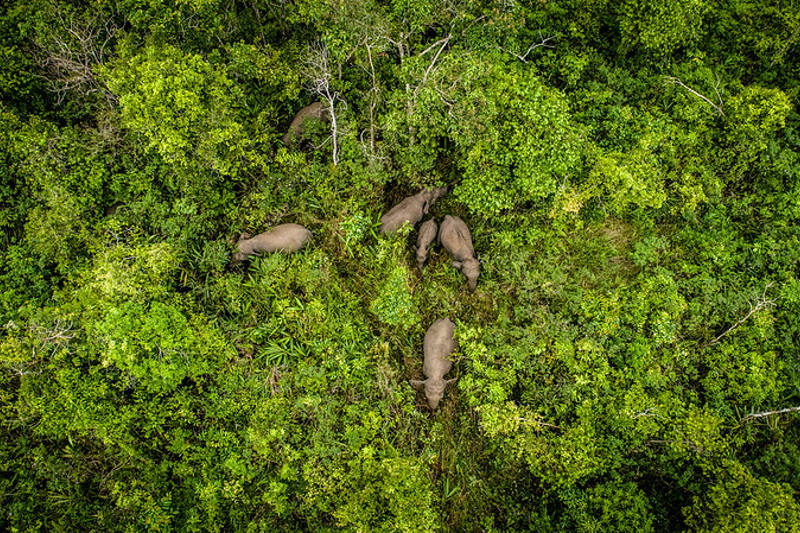
Overall trend of wildlife farm trade in Vietnam between 2016-2020
By: Pham Thu Thuy and Tang Thi Kim Hong. Related publication: COVID-19 impacts, opportunities and challenges for wildlife farms in Binh Duong and Ba Ria Vung Tau, Vietnam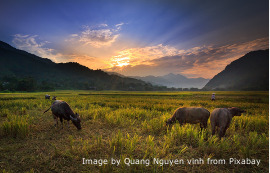
Stakeholders’ interviews result on opportunities and challenges for managing wildlife farm in Vietnam.
By: Pham Thu Thuy and Tang Thi Kim Hong. Related publication: COVID-19 impacts, opportunities and challenges for wildlife farms in Binh Duong and Ba Ria Vung Tau, Vietnam